The Government needs to provide a long-term support scheme for anaerobic digestion (AD) plants, similar to the 15-year support scheme currently in place for wind and solar farms.
This was the view of the majority of attendees and panelists at this week’s Gas Networks Ireland biomethane conference in Dublin.
Over half of the attendees at the conference are currently involved with developing an AD plant. A number of attendees had full planning permission secured for their AD plant but said they cannot develop it without a long-term, Government-backed support scheme.
Despite the current high prices of natural gas, AD developers will not be able to secure finance to develop a plant without long-term price certainty. In virtually all European countries with an established AD industry, this security was provided by a Government scheme.
Danish example
The conference heard from two representatives from Energinet, the Danish national natural gas grid operator. Currently around 34% of the Denmark’s gas demand is being met by biomethane produced from AD plants, fed mostly with slurry, straw and chicken litter from farms.
Over 50 AD biomethane plants are currently feeding into the Danish gas grid with another 70 likely to be developed in the coming years.
The operator is confident that 100% of their gas demand will be met by biomethane by 2030 and they will likely be able to export biomethane to other countries after that.
AD developers in Denmark can avail of a 20-year Government-backed scheme which has been central to the development of biomethane over the past decade.
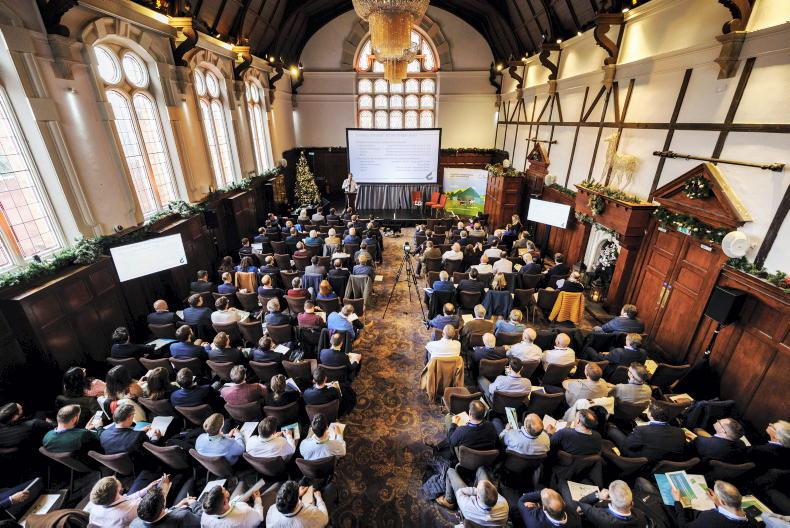
Over half of the attendees at the Gas Networks Ireland biomethane conference are currently involved with developing an AD plant but said that the lack of a Government support scheme was a major stumbling block to the development of their projects
Deaf ears
The need for long-term price security was one of the key messages of the day. However, there was a notable lack of Government representatives from both the Department of Agriculture and the Department of Environment, Climate and Communications in attendance at the conference.
Currently there is no indication that a long-term support scheme is in development, despite the Government establishing a target for over 200 AD plants (10% of Ireland’s gas demand) by 2030.
However, the Government has committed to introducing a renewable heat obligation from 2024 onwards.
Energy suppliers
The event concluded with a panel discussion between the main suppliers of natural gas in Ireland including SSE Airtricity, Bord Gais Energy, Energia and Flogas Enterprise. These suppliers will be subject to a new legal obligation to source more renewable fuel from 2024 under the Renewable Heat Obligation.
All suppliers were in agreement that they likely wouldn’t be able to offer long-term gas purchase agreements to AD developers and some form of support tariff will be needed before they can.
Energy suppliers were then warned that developers will likely export their biomethane to other EU countries which could offer long-term contracts if the market doesn’t develop in Ireland.
The Government needs to provide a long-term support scheme for anaerobic digestion (AD) plants, similar to the 15-year support scheme currently in place for wind and solar farms.
This was the view of the majority of attendees and panelists at this week’s Gas Networks Ireland biomethane conference in Dublin.
Over half of the attendees at the conference are currently involved with developing an AD plant. A number of attendees had full planning permission secured for their AD plant but said they cannot develop it without a long-term, Government-backed support scheme.
Despite the current high prices of natural gas, AD developers will not be able to secure finance to develop a plant without long-term price certainty. In virtually all European countries with an established AD industry, this security was provided by a Government scheme.
Danish example
The conference heard from two representatives from Energinet, the Danish national natural gas grid operator. Currently around 34% of the Denmark’s gas demand is being met by biomethane produced from AD plants, fed mostly with slurry, straw and chicken litter from farms.
Over 50 AD biomethane plants are currently feeding into the Danish gas grid with another 70 likely to be developed in the coming years.
The operator is confident that 100% of their gas demand will be met by biomethane by 2030 and they will likely be able to export biomethane to other countries after that.
AD developers in Denmark can avail of a 20-year Government-backed scheme which has been central to the development of biomethane over the past decade.

Over half of the attendees at the Gas Networks Ireland biomethane conference are currently involved with developing an AD plant but said that the lack of a Government support scheme was a major stumbling block to the development of their projects
Deaf ears
The need for long-term price security was one of the key messages of the day. However, there was a notable lack of Government representatives from both the Department of Agriculture and the Department of Environment, Climate and Communications in attendance at the conference.
Currently there is no indication that a long-term support scheme is in development, despite the Government establishing a target for over 200 AD plants (10% of Ireland’s gas demand) by 2030.
However, the Government has committed to introducing a renewable heat obligation from 2024 onwards.
Energy suppliers
The event concluded with a panel discussion between the main suppliers of natural gas in Ireland including SSE Airtricity, Bord Gais Energy, Energia and Flogas Enterprise. These suppliers will be subject to a new legal obligation to source more renewable fuel from 2024 under the Renewable Heat Obligation.
All suppliers were in agreement that they likely wouldn’t be able to offer long-term gas purchase agreements to AD developers and some form of support tariff will be needed before they can.
Energy suppliers were then warned that developers will likely export their biomethane to other EU countries which could offer long-term contracts if the market doesn’t develop in Ireland.





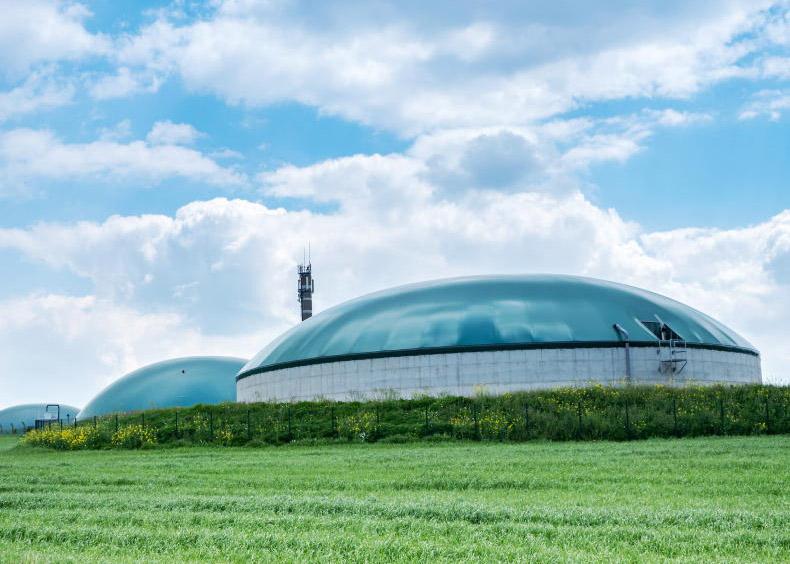

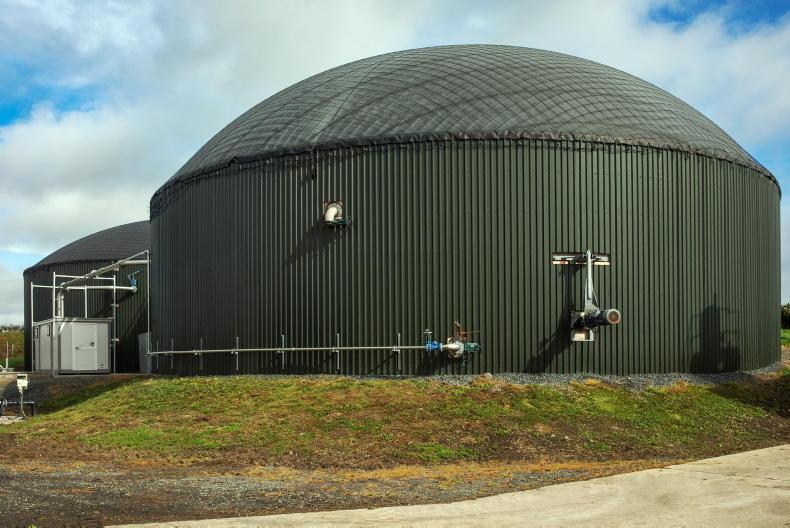
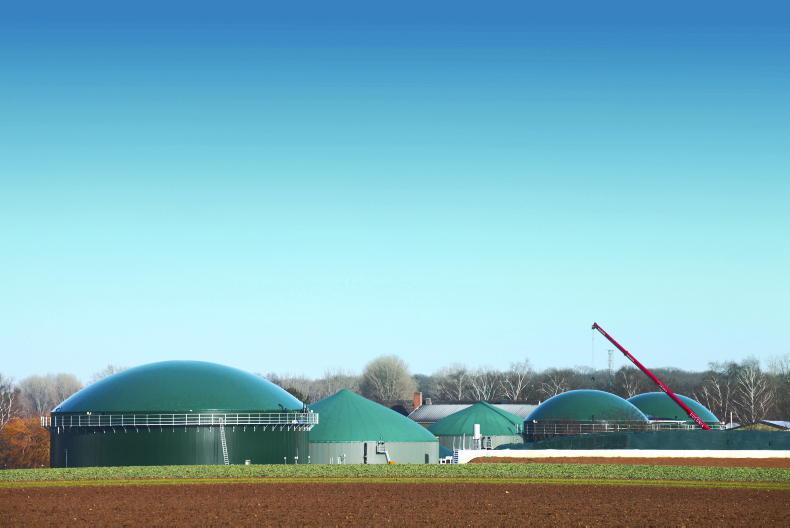
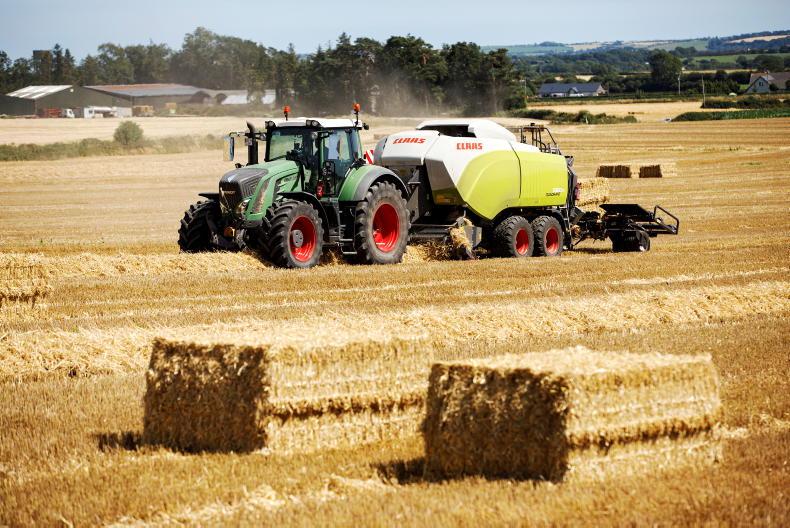
SHARING OPTIONS